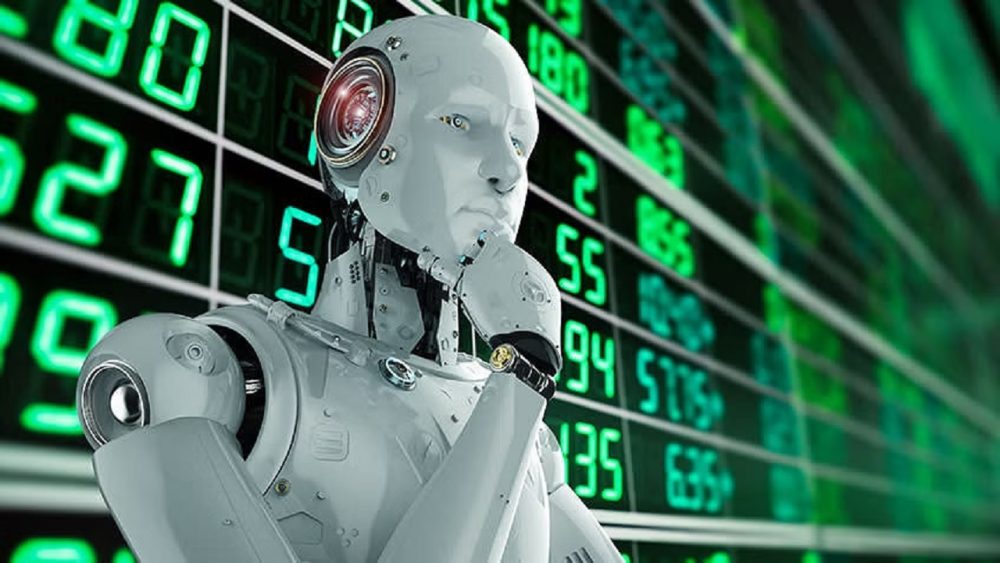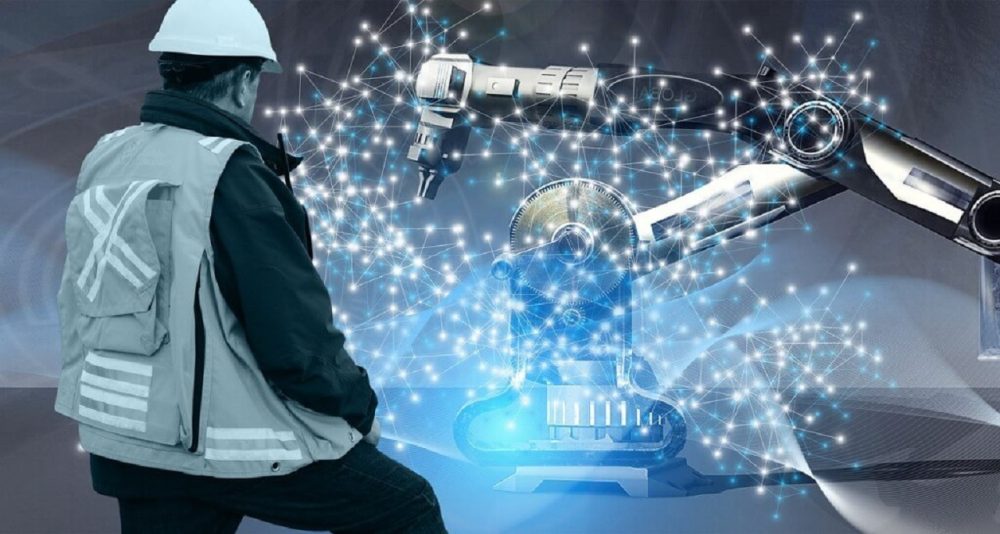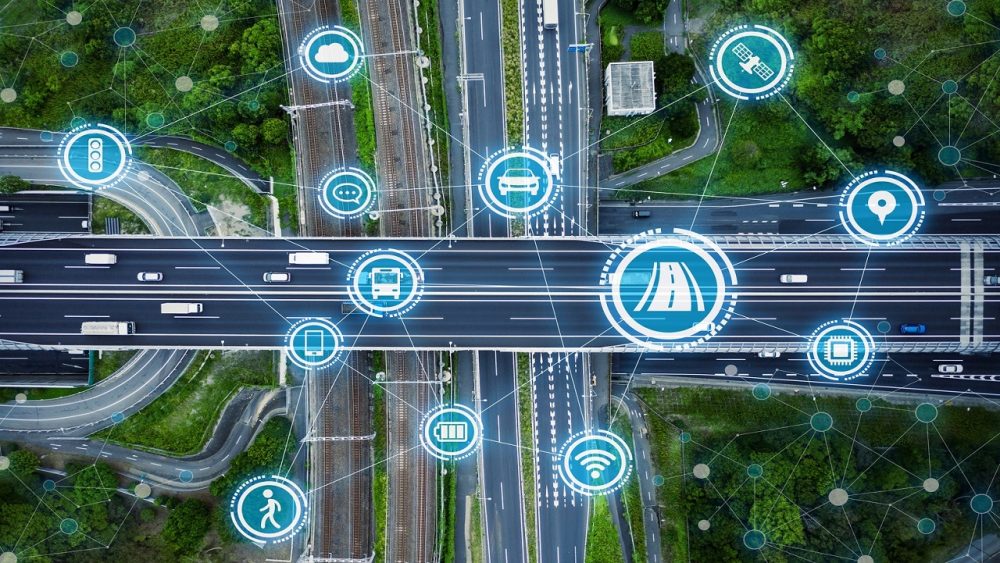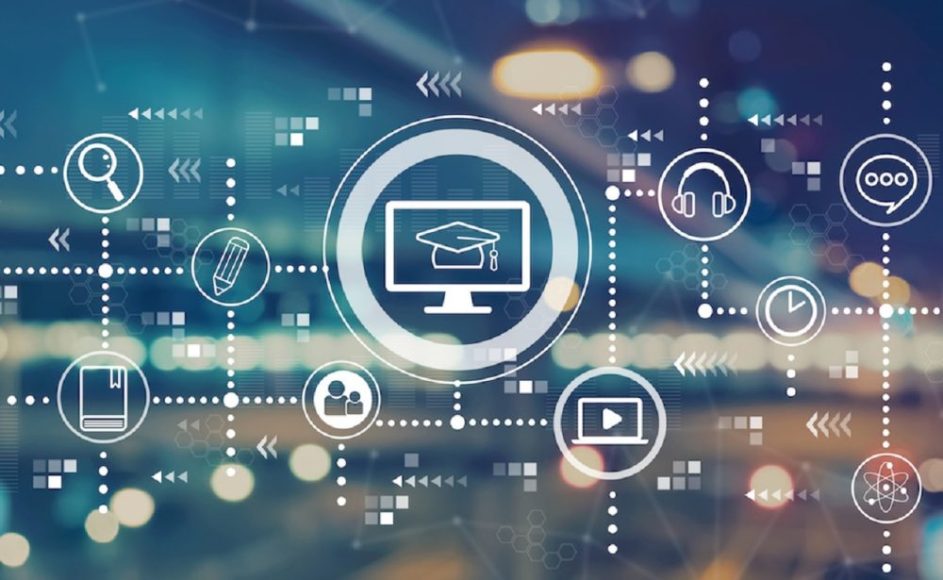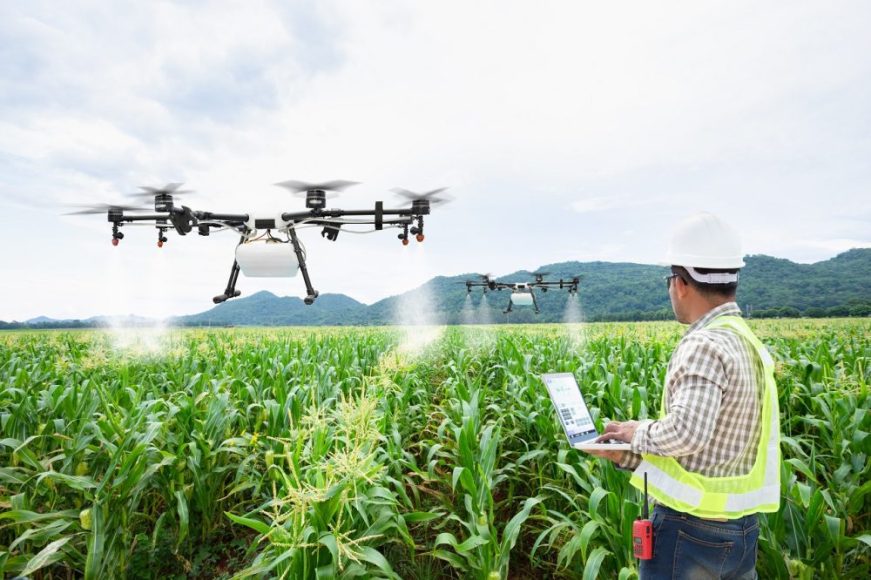Artificial Intelligence (AI) has emerged as a transformative technology that is revolutionizing various industries and sectors across the globe. With its ability to analyze vast amounts of data, identify patterns, and make intelligent decisions, AI is reshaping the way businesses operate, enhancing efficiency, improving decision-making, and unlocking new opportunities for growth.
This article explores the impact of AI on different industries and sectors, highlighting key advancements and potential future implications.
AI in Healthcare
AI is revolutionizing healthcare by enabling better diagnostics, personalized treatment plans, and improved patient care. Machine learning algorithms can analyze patient data and medical records to identify patterns and make accurate diagnoses.

AI-powered robots are also assisting in surgeries, increasing precision, and reducing risks. Moreover, AI is facilitating drug discovery, optimizing clinical trials, and enhancing telemedicine capabilities, ensuring better accessibility and quality healthcare for all.
Diagnostics and Treatment:
AI algorithms can analyze medical images, such as X-rays and MRIs, to detect abnormalities and assist in accurate diagnoses. Machine learning models can also analyze patient data, symptoms, and medical history to suggest personalized treatment plans and predict outcomes.
Drug Discovery:
AI accelerates the drug discovery process by analyzing vast amounts of data, including genomic information and medical literature. It helps identify potential drug targets, design new molecules, and predict their efficacy.
Patient Care:
AI-powered robots and virtual assistants assist in patient care by monitoring vital signs, providing reminders for medication, and facilitating communication between patients and healthcare professionals. AI also enables remote monitoring and telemedicine, improving accessibility to healthcare services.
AI in Finance
The finance industry is leveraging AI to streamline processes, enhance fraud detection, and improve customer experiences. AI algorithms can analyze vast amounts of financial data to identify patterns and predict market trends, enabling more accurate investment decisions.
Robo-advisors powered by AI provide personalized investment advice based on individual goals and risk preferences. Additionally, AI-powered chatbots and virtual assistants enhance customer service by providing real-time support and resolving queries efficiently.
Fraud Detection:
AI algorithms can analyze large volumes of financial data, including transaction records and patterns, to identify anomalies and potential fraudulent activities. It helps financial institutions in detecting and preventing fraudulent transactions in real-time.
Risk Assessment and Investment Decisions:
AI algorithms analyze market trends, economic indicators, and historical data to provide accurate risk assessments and investment recommendations. Robo-advisors utilize AI to offer personalized investment advice based on individual risk profiles and financial goals.
Customer Service:
AI-powered chatbots and virtual assistants enhance customer service in the finance industry by providing real-time support, answering queries, and assisting with account management and transactions.
AI in Manufacturing
AI is transforming the manufacturing sector through automation, predictive maintenance, and quality control. Intelligent robots and automated systems are replacing repetitive and manual tasks, improving productivity, and reducing production costs.
AI algorithms can analyze sensor data to predict equipment failures, enabling proactive maintenance and minimizing downtime. Furthermore, AI-powered computer vision systems can identify defects and anomalies in real-time, ensuring high-quality production.
Automation and Robotics:
AI-powered robots and automated systems are revolutionizing manufacturing processes by replacing manual and repetitive tasks. They enhance productivity, reduce errors, and improve efficiency in assembly lines and production units.
Predictive Maintenance:
AI algorithms analyze sensor data from machines and equipment to predict maintenance requirements and potential failures. It enables proactive maintenance, minimizes downtime, and optimizes equipment utilization.
Quality Control:
AI-powered computer vision systems can detect defects, anomalies, and quality issues in real-time during the production process. It ensures high-quality products, reduces waste, and improves overall customer satisfaction.
AI in Retail Industry
In the retail industry, AI is driving significant improvements in customer experiences, inventory management, and demand forecasting. AI-powered chatbots and virtual assistants enable personalized customer interactions, answering queries, and recommending products based on individual preferences.
Advanced analytics algorithms analyze customer data and purchase patterns to predict demand, optimize inventory levels, and reduce wastage. Additionally, AI enables dynamic pricing strategies and personalized marketing campaigns, enhancing customer engagement and loyalty.
Customer Experience:
AI enhances customer experiences through personalized recommendations, chatbots, and virtual assistants. AI algorithms analyze customer data, preferences, and purchase history to provide tailored product suggestions, discounts, and personalized marketing campaigns.
Inventory Management:
AI algorithms can forecast demand, optimize inventory levels, and predict product preferences. It helps retailers minimize overstocking and understocking issues, reducing costs and maximizing sales opportunities.
Dynamic Pricing:
AI enables retailers to implement dynamic pricing strategies by analyzing market trends, competitor prices, and customer behavior. It helps optimize pricing in real-time, maximize revenue, and remain competitive.
AI in Transportation
The transportation industry is undergoing a revolution with AI-powered advancements in autonomous vehicles, route optimization, and logistics management. Self-driving cars and trucks equipped with AI algorithms can navigate through complex environments, improving safety and efficiency.
AI-powered algorithms optimize route planning, reducing fuel consumption and minimizing delivery times. Furthermore, AI-enabled predictive maintenance helps monitor vehicle health, enhancing reliability and reducing maintenance costs.
Autonomous Vehicles:
AI is driving the development of autonomous vehicles, including self-driving cars and trucks. AI algorithms analyze sensor data and make real-time decisions, improving safety and efficiency in transportation.
Route Optimization:
AI algorithms optimize route planning, considering factors such as traffic, weather conditions, and delivery schedules. It helps reduce fuel consumption, minimize delivery times, and optimize logistics operations.
Predictive Maintenance:
AI-enabled predictive maintenance helps monitor vehicle health by analyzing sensor data. It detects potential issues, schedules maintenance proactively, and reduces maintenance costs.
AI in Education
AI in education is transforming the learning landscape. Through AI-driven platforms and student information systems, personalized learning experiences are tailored to each student’s needs. These systems analyze student data, adapt curriculum, and provide insights for educators to make data-driven decisions, ultimately enhancing educational outcomes and engagement in today’s dynamic classrooms.
AI is reshaping the education sector by enhancing personalized learning, automating administrative tasks, and improving educational outcomes. Intelligent tutoring systems can adapt to individual students’ learning styles and pace, providing personalized learning experiences.
AI algorithms analyze student performance data to identify areas of improvement and provide targeted interventions. Additionally, AI-powered chatbots can assist students and teachers in real time, answering questions and providing support.
Personalized Learning:
AI-powered intelligent tutoring systems adapt to individual learning styles and paces, providing personalized learning experiences. They analyze student performance data to identify areas of improvement and provide targeted interventions.
Administrative Automation:
AI automates administrative tasks such as grading, scheduling, and record-keeping, reducing administrative burdens on educators and improving overall efficiency.
Intelligent Virtual Assistants:
AI-powered chatbots and virtual assistants provide real-time support to students and educators. They answer questions, provide explanations, and assist in accessing educational resources.
AI in Agriculture
AI is revolutionizing agriculture by enabling precision farming, crop monitoring, and yield optimization. AI-powered drones and satellite imagery can monitor crops, analyze soil conditions, and detect pests and diseases.
This data-driven approach enables farmers to make informed decisions regarding irrigation, fertilization, and pest control, reducing resource wastage and increasing crop yields. AI also enhances supply chain management, optimizing transportation and logistics, ensuring timely delivery of agricultural products.
Precision Farming:
AI enables precision agriculture by analyzing data from sensors, drones, and satellite imagery. It helps optimize irrigation, fertilization, and pest control, reducing resource wastage and maximizing crop yields.
Crop Monitoring:
AI-powered systems analyze data from sensors and imagery to monitor crop health, detect diseases, and identify nutrient deficiencies. It enables early interventions and improves overall crop management.
Supply Chain Optimization:
AI algorithms optimize transportation and logistics in the agricultural sector, ensuring timely delivery of agricultural products, reducing spoilage, and improving overall supply chain efficiency.
Conclusion
Artificial Intelligence is transforming various industries and sectors, bringing forth unprecedented advancements and opportunities. From healthcare to finance, manufacturing to retail, transportation to education, and agriculture, AI is driving innovation, improving efficiency, and enhancing customer experiences. While the current impact of AI is already significant, its potential for future advancements is limitless.
However, it is crucial to ensure responsible and ethical AI development to address potential challenges and maximize the benefits of this powerful technology in a rapidly evolving world.


